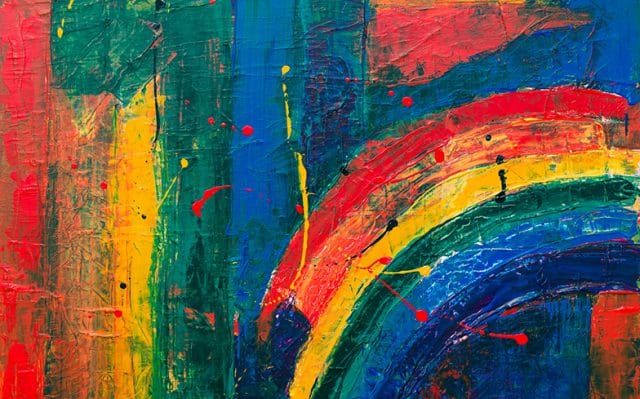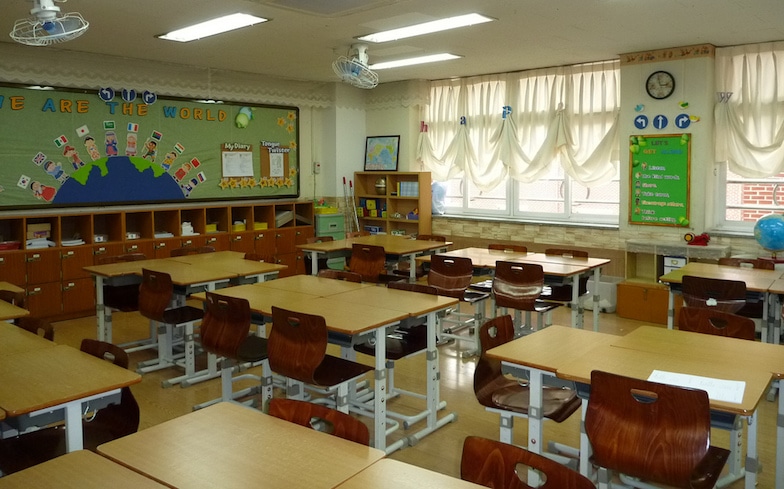
South Korean students attending the Presbyterian University and Theological Seminary have won a court battle after the university suspended them for wearing rainbow clothes.
The students were initially suspended last year, after they wore rainbow clothing to a university chapel on International Day Against Homophobia, Biphobia, Intersexism and Transphobia.
The students wore the clothes to show their support for the LGBTQ community. However, the university was worried it would be seen as endorsing homosexuality, so they suspended the students.
In a court ruling, the judge said there was a “procedural defect” in the university’s punishment. The Seoul Eastern District Court ruled that the university should nullify the punishment and pay the legal fees of the students.
Local media reports that Seo, one of the students in the case, said after the ruling: “I hope this sentence will be a comfort to those who have been hurt and excommunicated by the Korean church producing hatred.”
Although homosexuality is legal in South Korea, there are still many conservative attitudes in the country. Last year, over 210,000 people signed a petition against the holding of an “abominable” upcoming Pride festival.
The petition said: “We do not want to see their abominable events in a square where we should be able to rest and relax.
“Every year, queer-themed events such as street performances, drinking and smoking are called ‘cultural festivals’, but they are just occasions filled with illegal acts and hypocrisy.
“Homosexuals and normal people should not engage in such perverse and obscene events in a plaza that is meant to be a space for citizens to relax. True human rights are not indulgences.”
Meanwhile, homosexuality is illegal in the military, in a country which enforces conscription. A report, released last week, revealed the levels of physical and sexual violence that LGBTQ soldiers face in the military.
One report from a soldier, only identified as U, said: “In my squad, there were many soldiers who were considered ‘feminine’ and usually in the lowest or second-lowest ranks, that were ordered by higher-ranking soldiers to locations that were less conspicuous, such as laundry rooms or shower rooms.
“Once there, these soldiers were subjected to sexual abuse. On some occasions, officers ordered lower-ranking soldiers to nearby motels during night shifts and then raped them.”
The report added that the anti-LGBTQ policies meant that “homophobic and transphobic individuals can view this law as tacit permission to target LGBTI people inside and outside the military.”








